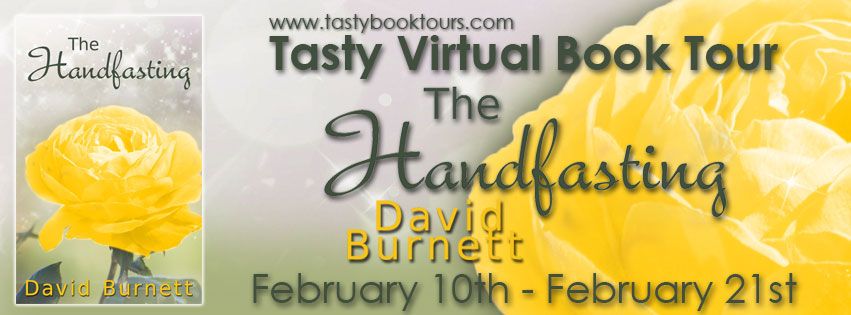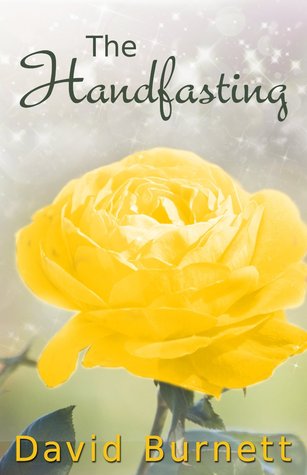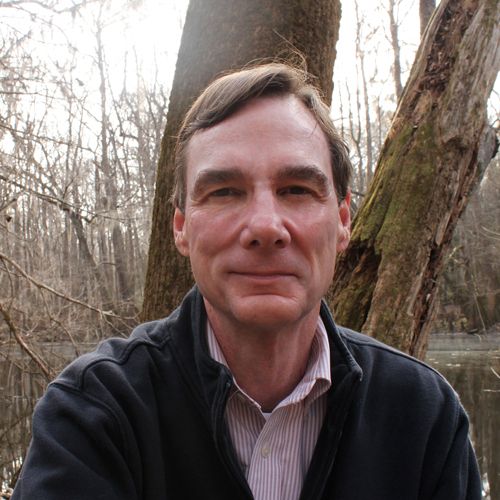Enter below to win a
$20.00 Amazon Gift Card
BUY NOW
Ten years
had passed since they had joined hands in the ruins of the old abbey church.
Kneeling before the high altar, they were handfasted in the Celtic custom,
engaged to be married.
A rose bush
had bloomed beside the ruined altar. Steven had reached out to caress one of
the flowers. “I’ll find you,” he had said. “In ten years, when we have finished
school, when we are able to marry, I’ll find you. Until then, whenever you see
a yellow rose, remember me. Remember I love you.”
In those
ten years, Katherine had finished college, completed med school, and become a
doctor. For a decade, she had been waiting, hoping, praying, and, today ─ her
birthday─ she finds a vase of yellow roses when she reaches home.
Steven,
though, is not Katherine’s only suitor. Bill Wilson has known her since they
were in high school, and he has long planned to wed her. While Steven and
Katherine are falling in love again, he finally decides to stake his claim. His
methods leave a lot to be desired, the conflict turns violent, and Katherine
must choose the future that she wants.
~~~~~
Instant Love by David Burnett
I’ve
just completed Katherine Lowry’s fantastic book, The Last MacKlenna. Set
primarily on a horse farm in Lexington, Kentucky, the story revolves around
Meredith Montgomery, owner of a winery in Napa Valley, and Elliot Fraser, who
raises thoroughbred horses. They meet at a B&B in Scotland two days before
Christmas, are immediately attracted to each other, and quickly fall in love. It’s
a common pattern: boy meets girl; they fall in love; they fall into bed, and
shortly-by Boxing Day in this case-they are on the path to happily ever after
(although Meredith actually takes a bit longer to completely trust the handsome
Scotsman).
I addition to being
an author (The Handfasting and The Reunion) I review books for the Kindle Book
Review. Many of the books I receive are Romance novels, and, as I have reviewed
books over the past year, I have found that the almost “instant love” that I
observed in The Last MacKlenna is really the norm.
In Dunham by Mariah
Jovan, another excellent book that I recently reviewed, Celia and Elliott,
privateers who prey on British ships during the American Revolution, meet in a
bar on a Caribbean island. A few weeks later, following a battle with the
British navy, they find their ships together in calm waters. Elliot sneaks
aboard her ship, through the window of her cabin, and into her heart. Four days
later, as the winds again begin to blow, they are in love.
In a third book, Until
I Met You by Annette Evans, a girl and boy in their late teens meet, sleep
together and decide to wed in the space of a week – and the girl’s parents are
happy about the proposed marriage! While not all Romances follow this pattern –
mine don’t follow it in all respects - I could cite many that do.
This instant
attraction certainly moves the action along, and it leaves plenty of time to
develop other elements of the plot, but is it realistic? Is love instantaneous?
Is it simple chemistry? Do Cupid’s arrows pierce our hearts and cause us to
swoon?
When I am not
writing or reading, I am a psychology professor. (Yes, I stay busy.) When my
classes discuss the topic of interpersonal attraction, one explanation I offer
is reinforcement theory, a theory which suggests that love is learned. You get
to know another person, spend time with him, perhaps date him, and you learn
that the two of you are similar. You learn that you enjoy the same activities, that
you think in similar ways, that you have similar goals in life. And you fall in
love.
Learning takes
time! Falling in love takes time!
Isn’t this your
experience? It has certainly been mine. I might have been attracted by her
blond hair and blue eyes (sorry, brunettes), but love? Even with the girl I
married, falling in love took more than the long weekend in a snow storm at the
top of a mountain!
If the image of
love that we find in books is so unrealistic, why do authors continue to
present it? Why do readers continue to buy into it?
We buy into it
because we want it to be true.
We want it to be
true, first, because no one really wants to delay gratification.
If you have ever
spent time with children, you know that they want immediate gratification. They
care nothing about rules. They care nothing for the laws of physics, the
constraints imposed by reality. They want what they want, when they want it,
and they want it NOW. A child may want a particular kind of candy sold only in
a shop on a side street in London, eight hours away by air, but the child wants
it now!
Our lives, today,
are on fast-forward. We never want to wait. We use email or we text; we do not
post letters. We pull into the drive-through at Starbucks; we do not wait in
line. We Google for information rather thumb though a book. We click for movies
on demand rather than drive to a theater. We want instant information, instant
service, instant contact. We also want instant love.
We want it to be
true, second, because life would be less painful if it were true. We do not
enjoy the “process” of falling in love.
Who really enjoys
dating? Wondering if he will call; wondering if she will answer. Trying to
decipher the other person’s feelings. We panic when he flirts with another
girl, when she smiles at another boy. Adults who find themselves alone after
many years consider dating, and their stomachs turn. Would it not be preferable
simply to lock eyes with someone across the room, and to live happily ever
after?
We would so like
for love to be immediate. It would be convenient; it would fit our lifestyles
so well. It would be so pleasant if love could be found as rapidly as we brew coffee
in a Keurig, if we could fast forward through the emotional ups and downs, if eHarmony
could guarantee a perfect the match on the first try, if Cupid aimed his arrows
at the boy and the girl, the man and the woman, at the same moment in time.
Some people criticize
stories with instant love as examples of simple escapism. They argue that we
need to confront the world as it truly is rather than wallowing in
sentimentalism.
On the other hand, books
exist, at least in part, to take us away from the routine activities of our
lives, from “the squalor of the real world,” as they sing in Evita. Books
enable us to imagine doing thing we could never do, being people we could never
be, having adventures that could never happen, visiting times and places in which
we do not live. We experience other people’s lives and see the world through
their eyes. We are able, through the people in our books, to experience life, love,
and adventure as we feel that they “should” be, as we wish they were.
We know that the easy,
fall-in-love-in-two-days stories are unrealistic. But we don’t care. When we
pick up a Romance, we willingly suspend our disbelief in such things, we lose
ourselves in the story, and we experience, for a short time, life as we would
like it to be.
And this is good.
It’s Valentine’s
Day. Choose a Romance, and lose yourself in the story. Escape for a while! Imagine
yourself as one lead, your spouse or your steady as the other.
And fall in love.
Or fall in love again.
~~~~~
Giveaway
~~~~~
Meet David
David
Burnett lives in Columbia South Carolina, with his wife and their blue-eyed
cat, Bonnie. The Reunion, his first novel, is set in nearby Charleston.
David enjoys traveling, photography, baking bread, and the Carolina beaches.
He has photographed subjects as varied as prehistoric ruins on the islands of Scotland, star trails, sea gulls, and a Native American powwow. David and his wife have traveled widely in the United States and the United Kingdom. During one trip to Scotland, they visited Crathes Castle, the ancestral home of the Burnett family near Aberdeen. In The Reunion, Michael's journey through England and Scotland allows him to sketch many places they have visited.
David has graduate degrees in psychology and education and previously was Director of Research for the South Carolina Department of Education. He and his wife have two daughters.
David enjoys traveling, photography, baking bread, and the Carolina beaches.
He has photographed subjects as varied as prehistoric ruins on the islands of Scotland, star trails, sea gulls, and a Native American powwow. David and his wife have traveled widely in the United States and the United Kingdom. During one trip to Scotland, they visited Crathes Castle, the ancestral home of the Burnett family near Aberdeen. In The Reunion, Michael's journey through England and Scotland allows him to sketch many places they have visited.
David has graduate degrees in psychology and education and previously was Director of Research for the South Carolina Department of Education. He and his wife have two daughters.
Find Him Here




1 comment:
Wow. Your "Instant Love" insight just blew me away! Sadly, I can see where so much of your views ring true. That's why I prefer romance books that follow the rule of boy must chase girl lol. Thx for sharing.
ilookfamous@yahoo.com
Post a Comment